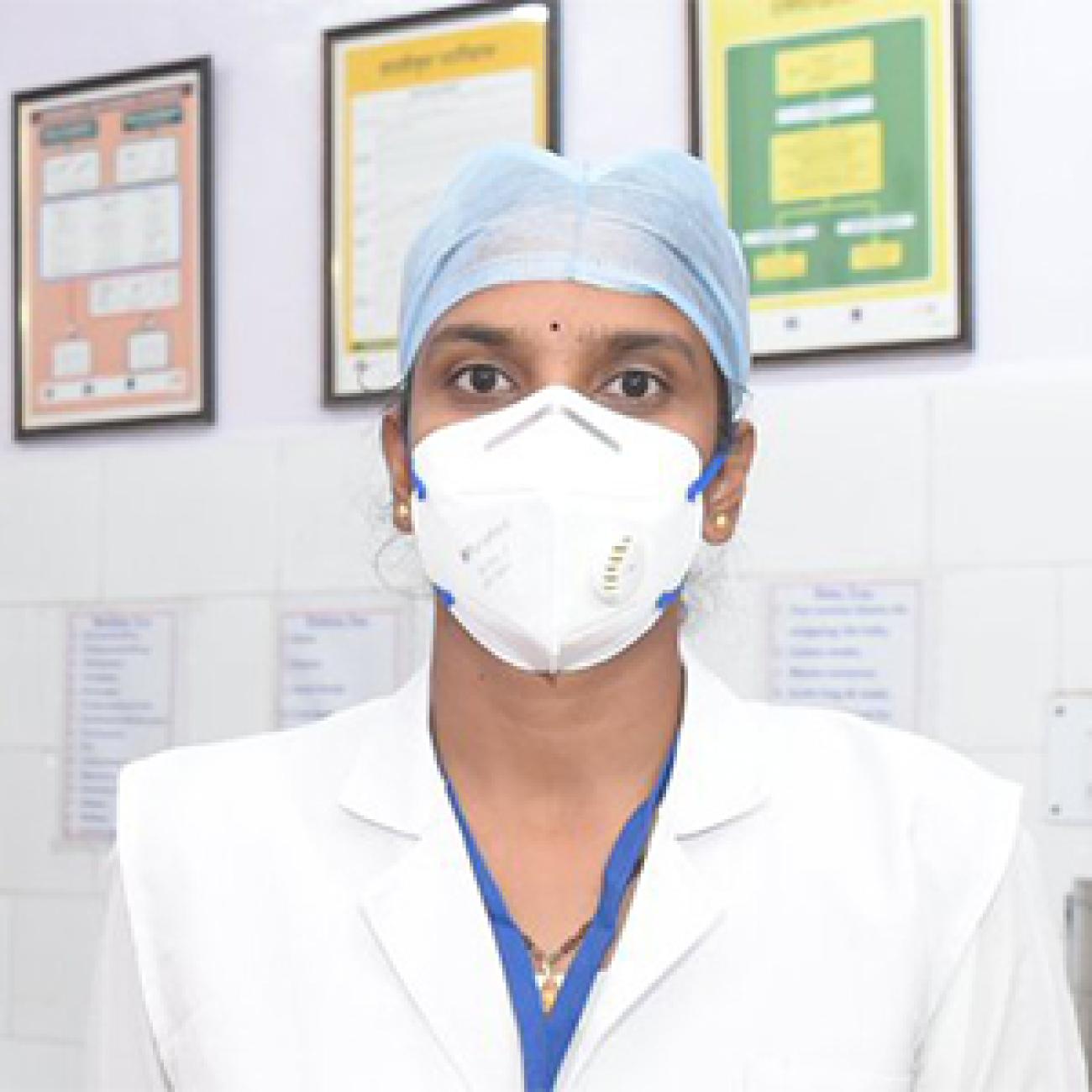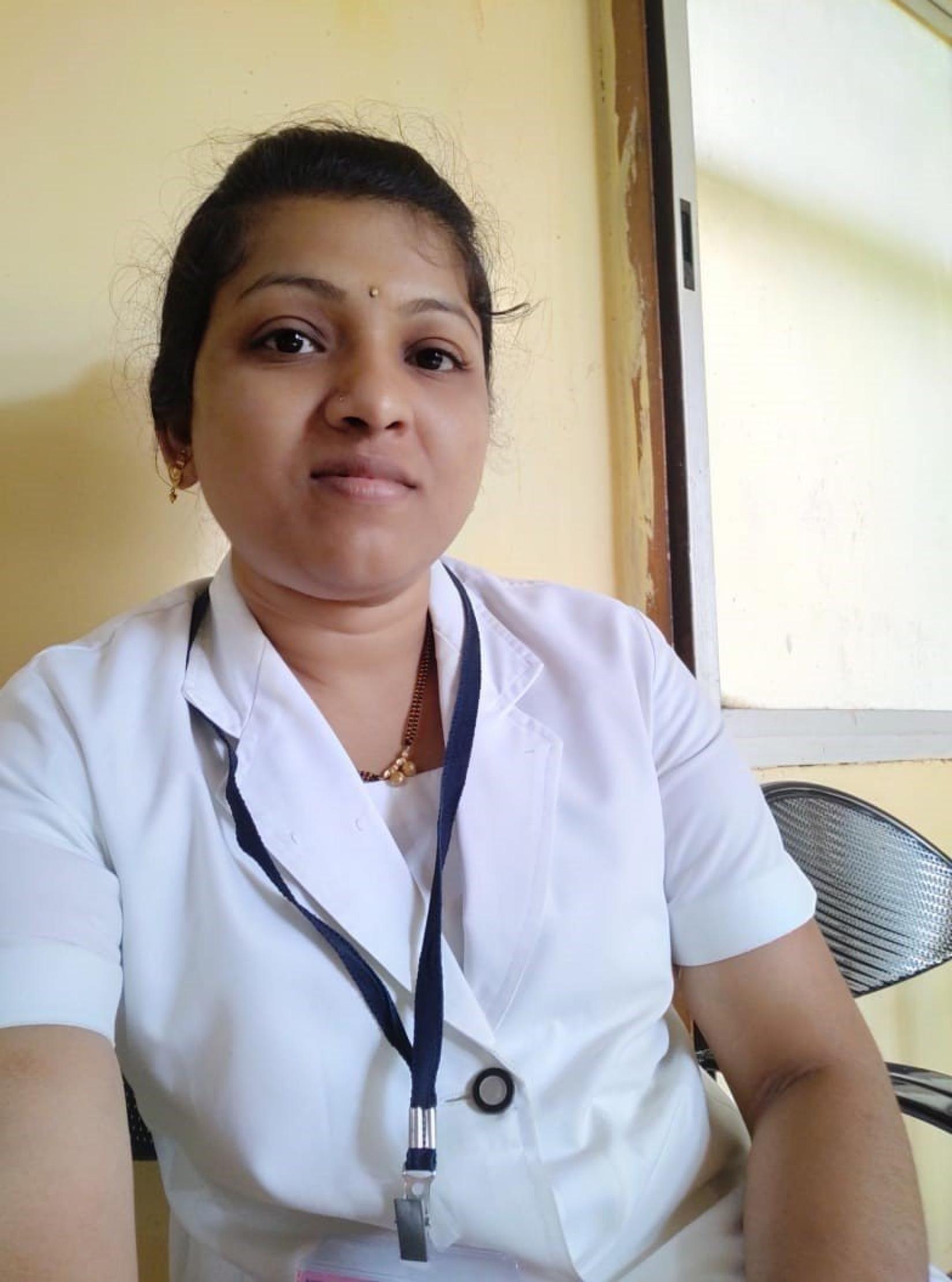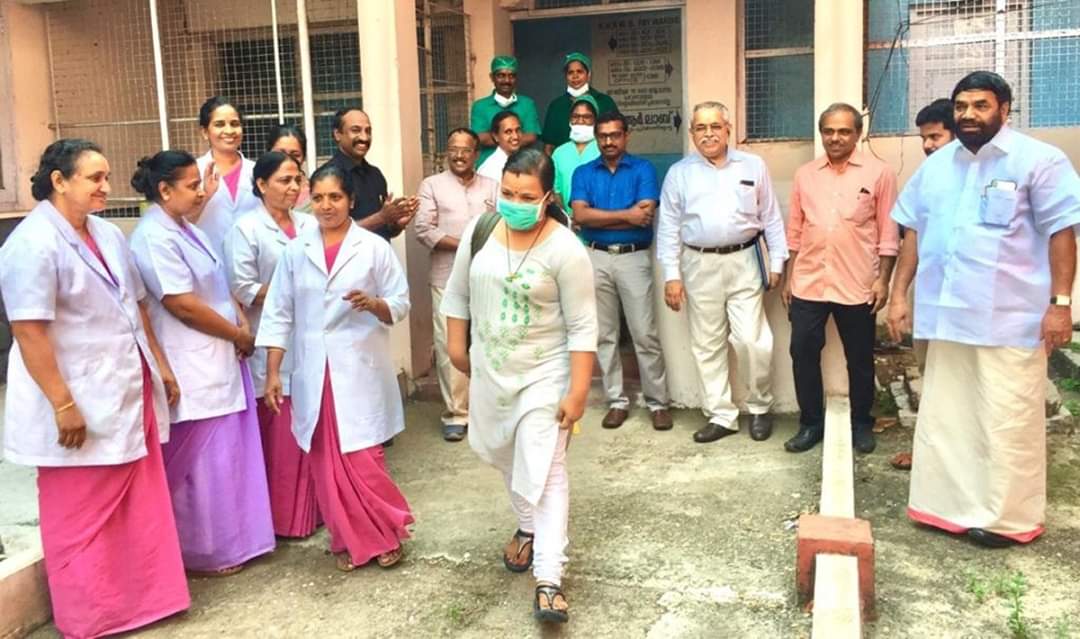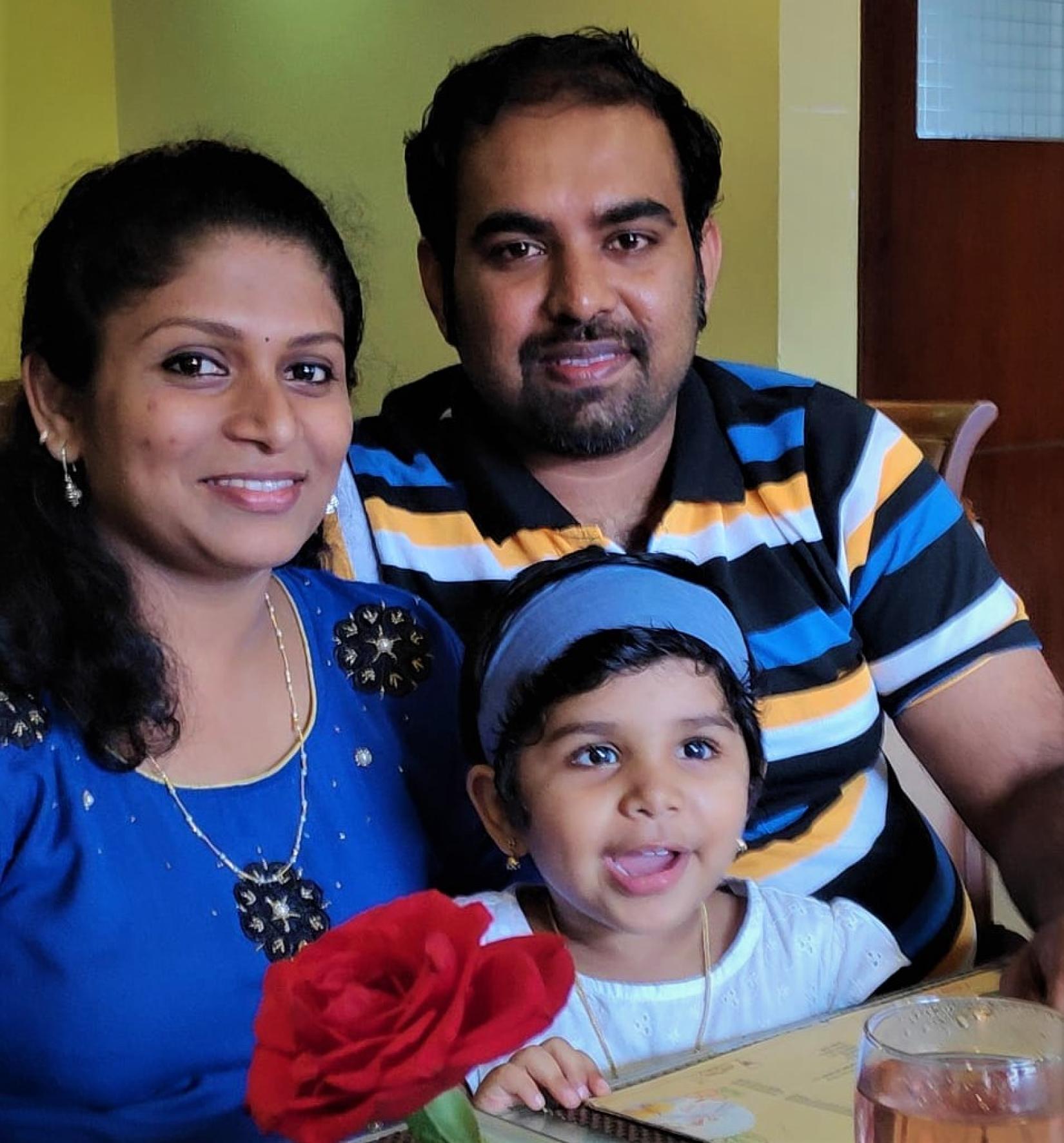India’s nurse-midwives save lives across the entire life cycle

Several thousands of nurse-midwives across India have been pulled into providing care for people infected with COVID-19 in hospitals across the country.

When Sugandha Sadappa met her three-year-old daughter after 21 days, she couldn’t hold back her tears.
‘I had been on duty for seven straight days and then in quarantine for the next 14,’ Sugandha said, ‘It was very difficult for my family; my daughter kept asking for me and my husband didn’t know what to say to her.’ Sugandha, trained in general nursing and midwifery has been working in the COVID-19 Ward at the Belagavi Institute of Medical Science in Karnataka state.
She is one of the several thousands of nurse-midwives across India who have been pulled into providing care for people infected with COVID-19 in hospitals across the country. For a week, Sugandha took care of four patients who were in that hospital ward, making sure they got the medication they were prescribed, checking their vital signs several times a day and assessing their symptoms. ‘As a nurse I had to counsel them from time to time,’ says Sugandha. ‘Along with that, I had to explain the importance of hand hygiene and how they must avoid contact with other people. As a caregiver I had to be careful as well, making sure I disposed of my PPE kit properly.’

Reshma Mohandas
32-year-old Reshma Mohandas, a nurse who was assigned to the operation theatre at the Government Medical College in Kottayam, Kerala state, asked to be placed at the COVID-19 ward at the hospital. For 11 consecutive days, she worked tirelessly at the intensive care unit and in the isolation ward, looking after elderly patients. ‘The patients I was assigned were above 85 years. I tried to give them hope…I believed that would bring back some life in them,’ says Reshma. ‘Sometimes it was challenging. There were times when they were reluctant to take food and medicine at the right time. But I didn’t give up. I considered it my duty to take care of the patients who would have otherwise had nobody to take care of them.’ A few days later, Reshma started feeling unwell. ‘My body started showing some symptoms like sneezing, running nose, throat pain, headache and tiredness. I consulted the duty doctor in the fever clinic in our hospital and i was advised to move to the isolation ward after taking the throat swab,’ recalls Reshma. ‘I prepared myself for what was about to happen. The next day I was diagnosed as COVID-19 positive.’
Reshma Mohandas with her colleagues
After being treated for 10 days in the isolation ward and a further period of quarantine for 14 days, Reshma slowly recovered. ‘Always wear a mask, use sanitizer and wash hands frequently because prevention is better than cure,’ adds Reshma, who is back at work.

‘It has been difficult for us as a family with Jennings being away from us,’ Legha says, ‘I have spent many nights worrying whether he is safe or not.’ After a pause, she adds, ‘But as a nurse myself, I know our service to our patients comes first. When all this is over I can say, my husband played a part in fighting this battle against coronavirus.’

















